Andrea Wulzer (ICREA at IFAE)
Community Events
109th ICREA Colloquium
Towards a muon collider
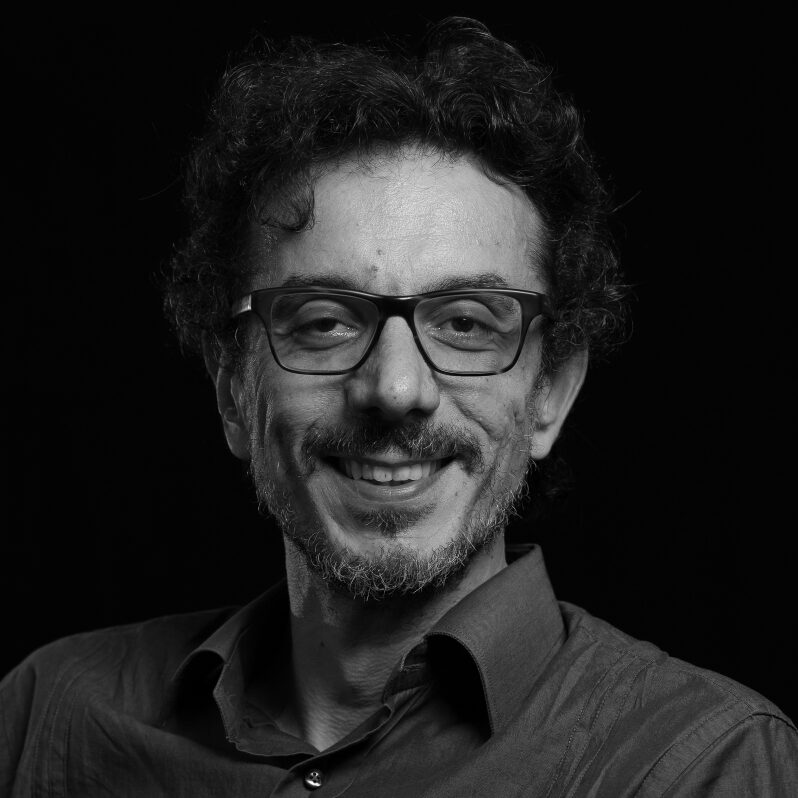
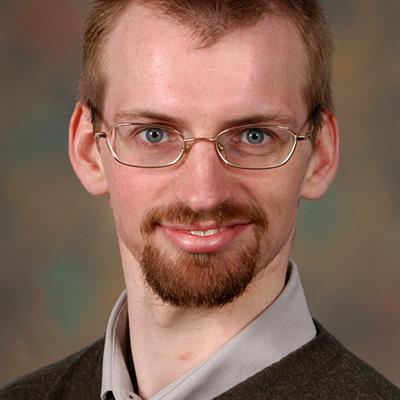
Chris Rogers (STFC)
During the last several decades, experiments at accelerators and colliders with increasing collision energy unveiled a universal description of physical reality in terms of few fundamental particles and interactions. This description incorporates and expands the basic principles of Quantum Mechanics and of Relativity in a theoretical framework known as Quantum Field Theory. It models fundamental physics through a “Standard Model”, which was firmly established in 2013 by experiments at the Large Hadron Collider through the discovery of the Higgs boson.
Particle colliders with higher energy are needed to deepen the investigation of our successful, but incomplete understanding of physical reality. A novel collider concept is being developed, which promises the required jump ahead in energy reach relative to established concepts. This is based on colliding point-like and heavy particles such as the muons.
In these two talks, the speakers described the state-of-the-art, the challenges and the future prospects of an ongoing muon collider design program, coordinated by CERN and financed by Europe. They outlined the opportunities and open questions of an integrated research program towards a muon collider in the very diverse areas of theoretical and experimental physics, beam dynamics, accelerator physics and technology.
110th ICREA Colloquium
The strain on scientific publishing

Dan Brockington (ICREA at UAB)
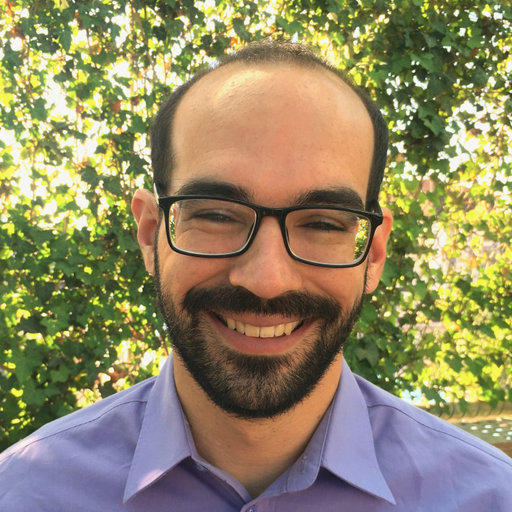
Mark Austin Hanson (University of Exeter, UK)
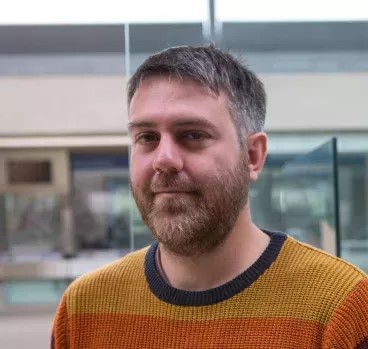
Pablo Gómez Barreiro (Royal Botanic Garden KEW)
Scientists are increasingly overwhelmed by the volume of articles being published. Total articles indexed in Scopus and Web of Science have grown exponentially in recent years; in 2022 the article total was 47% higher than in 2016, which has outpaced the limited growth, if any, in the number of practising scientists. Thus, publication workload per scientist (writing, reviewing, editing) has increased dramatically. We define this problem as the strain on scientific publishing. To analyse this strain, we present five data-driven metrics showing publisher growth, processing times, and citation behaviours. We draw these data from web scrapes, requests for data from publishers, and material that is freely available through publisher websites. Our findings are based on millions of papers produced by leading academic publishers. We find specific groups have disproportionately grown in their articles published per year, contributing to this strain. Some publishers enabled this growth by adopting a strategy of hosting special issues, which publish articles with reduced turnaround times. Given pressures on researchers to publish or perish to be competitive for funding applications, this strain was likely amplified by these offers to publish more articles. We also observed widespread year-over-year inflation of journal impact factors coinciding with this strain, which risks confusing quality signals. Such exponential growth cannot be sustained. The metrics we define here should enable this evolving conversation to reach actionable solutions to address the strain on scientific publishing.
111th ICREA Colloquium
Stable isotopes in plants: reconstructing climate and human impacts on the environment
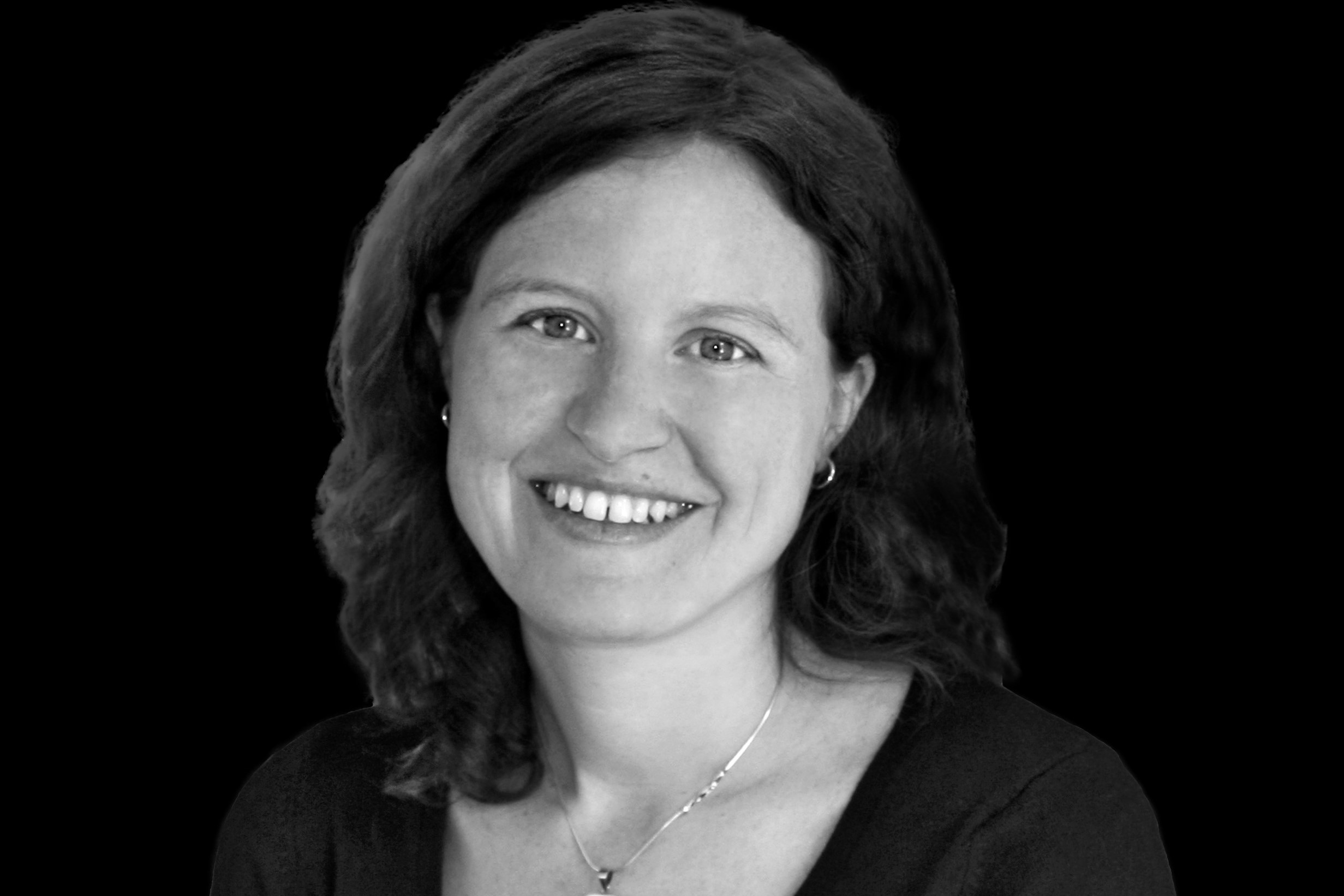
Laia Andreu Hayles (ICREA at CREAF)
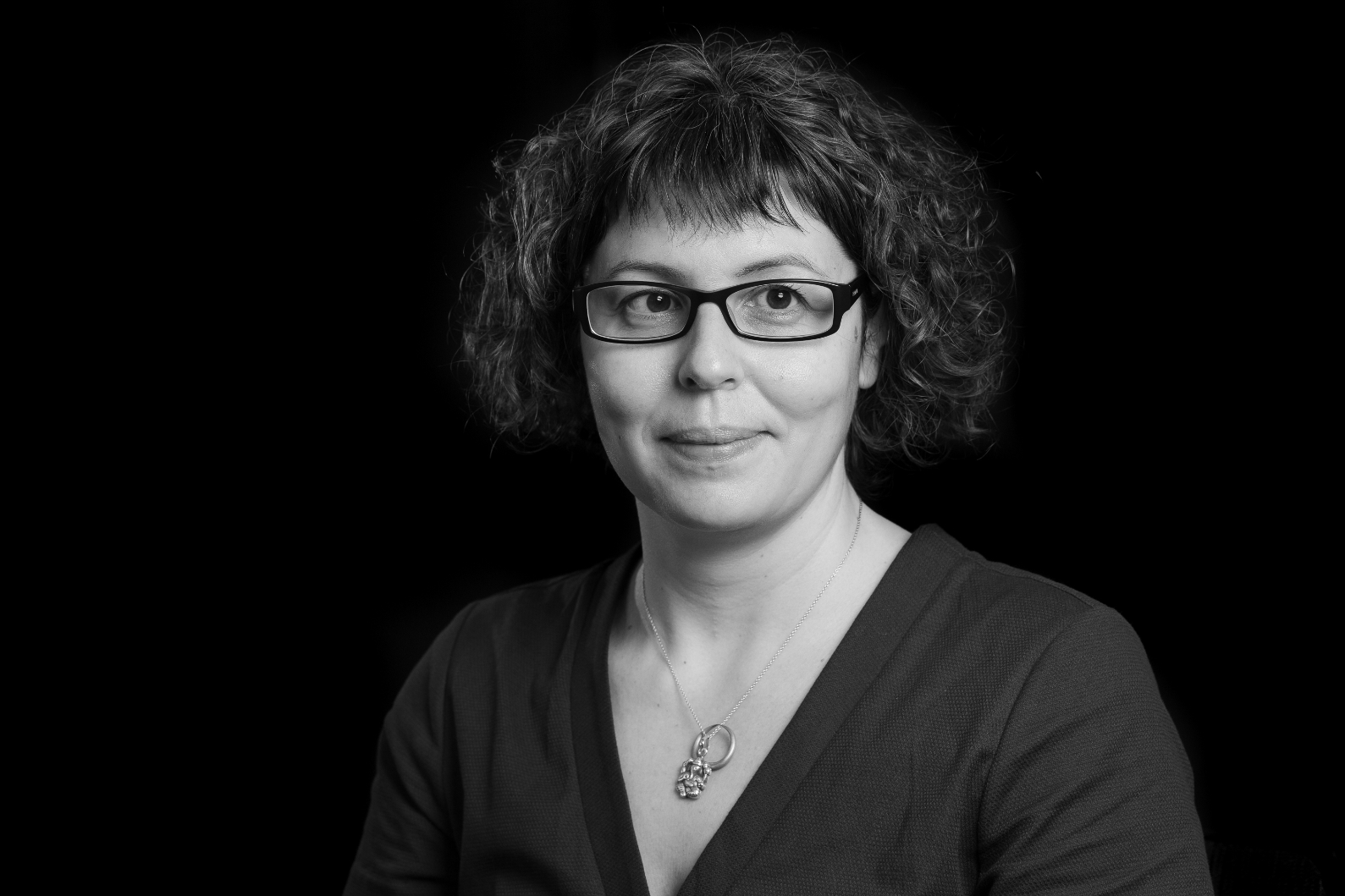
Carla Lancelotti (ICREA at UPF)
Understanding the coupling between human and natural systems is paramount in the current context of climate change. The application of stable isotopic analysis in plant emerges as a robust methodological tool for elucidating the intricate complexities of environmental history, enabling the reconstruction of both climatic shifts and human influences on ecosystems.
Stable isotopes provide insights into the underlying physiological and biochemical processes within plant organisms as response to environmental changes. By analysing variations in isotopic compositions in paleo archives such as tree rings, we can decipher past climate conditions, such as temperature and precipitation variability, providing a unique long-term perspective of environmental dynamics. Moreover, the integration of stable isotopes in archaeobotanical remains such as seeds, pollen or charcoal, among others, offers a unique lens through which to trace the interplay between human activities and nature. Whether detecting shifts in agricultural methodologies or changes in land-use patterns, isotopic analysis allows to elucidate the discernible imprint of anthropogenic impacts on ecosystems. This interdisciplinary approach, combining botanical science and environmental history, empowers scientists to construct a detailed narrative of the co-evolution of climate and human-environment interactions over time.
112th ICREA Colloquium
Silicate stardust: from the nanoscale to galactic relevance
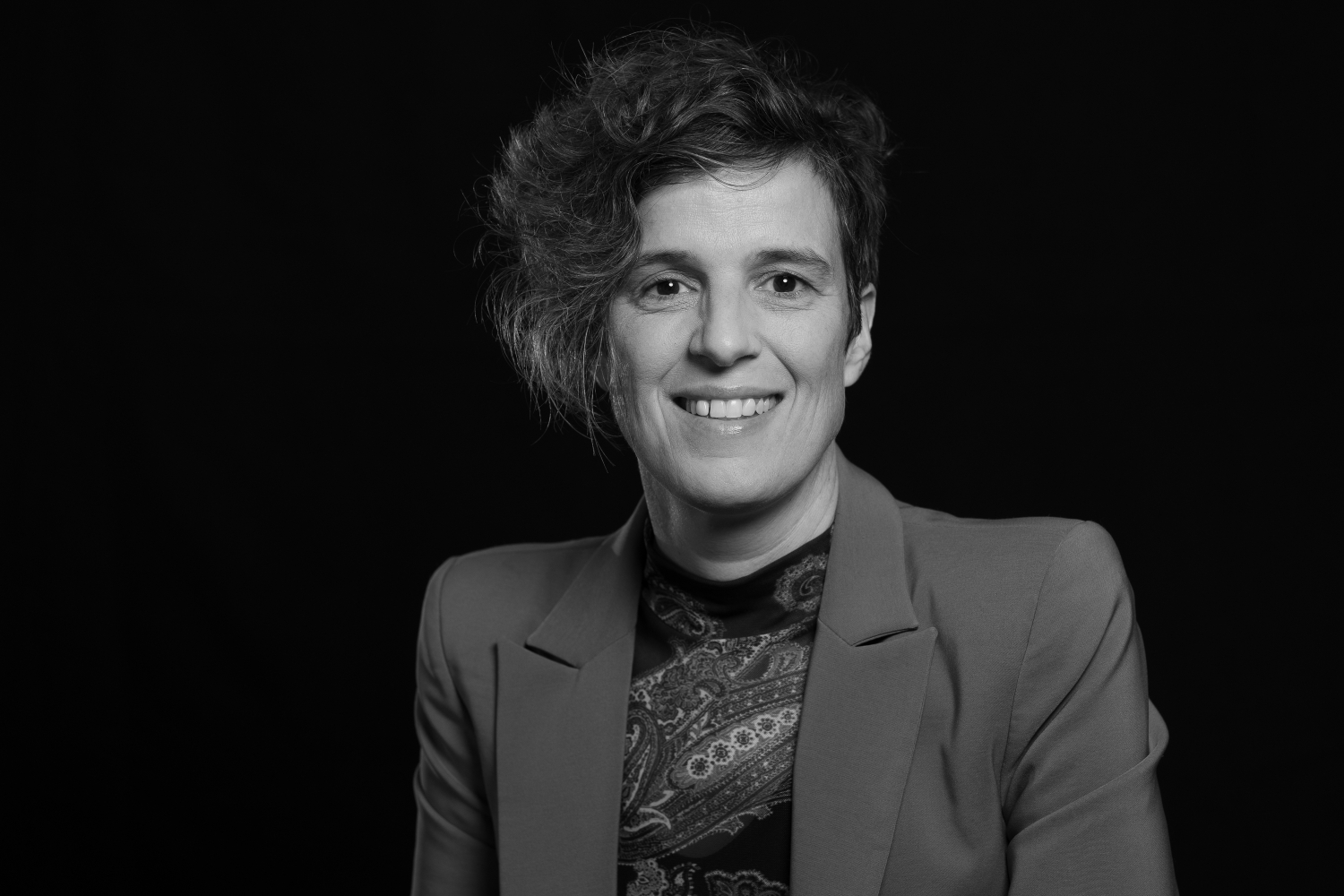
Ciska Kemper (ICREA at ICE-CSIC)
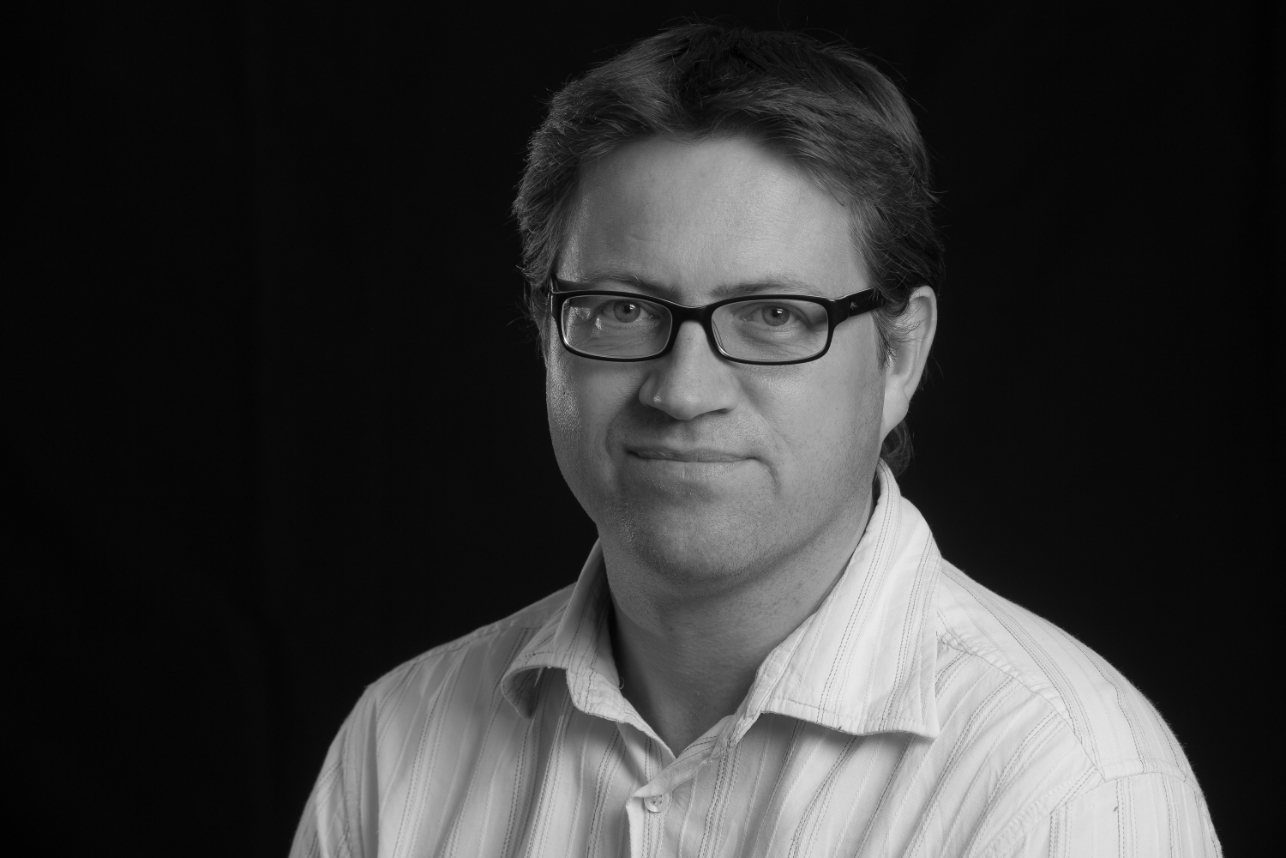
Stefan T. Bromley (ICREA at UB)
Although stars are the most eye-catching component of galaxies, the space between stars inside galaxies is not empty. Instead, this interstellar medium (ISM) is sparsely filled with gas and dust. Denser parts of the ISM – so-called molecular clouds – may form stars from gravitational contraction. Stars, as they age, produce increasingly heavier atoms (e.g. C, O, Mg, Si) from fusion reactions in their highly compressed interiors. Ultimately, old dying stars shed parts of their outer layers back into the ISM, enriched with the products of these reactions. Indeed, stars are the source of virtually all elements that we see around us today, with the exception of hydrogen and helium, which were formed during the Big Bang.
While many of these heavier elements are mostly present in the gas phase, many become condensed into solids, often in the form of sub-micron-sized dust grains. These dust particles absorb and emit radiation in the ISM and thus play an important role in the energy balance of a galaxy. As such, at galactic length scales, they can regulate the process of star formation and indeed galaxy evolution itself. At much smaller nanoscale length scales, dust grains also provide a catalytic surface for essential chemical reactions to take place, potentially including those relevant to the origins of life. Ultimately, these tiny grains also provide the building blocks for forming planets like our own Earth. Thus, even though dust takes up only 1% of the mass of the ISM, and even a smaller fraction of the mass of galaxies as a whole, understanding its nature, formation and evolution is an important quest in understanding the evolution of galaxies, astrochemical processes and the formation of planetary systems.
With a share of about 75% of the total galactic dust mass, silicates (i.e. solids based on mixtures of Si, O and Mg/Fe) form the main constituent of interstellar dust. We will discuss the life cycle of silicate dust from its production in evolved stars, through processing in the interstellar medium to its demise in star forming regions in our own Milky Way and in other galaxies. To understand the nature of silicate dust at the nanoscale we will highlight how quantum chemical computer modelling can provide otherwise difficult to obtain insights that can be used to interpret experiments and observations. Here, we will focus on the properties and formation of silicate nanograins, and the role of silicate dust in catalysing the formation of important chemical species. From a larger scale observational perspective we will explore the observational evidence of the presence of silicates in different astrophysical environments, and the different forms in which it may be present. Here we will particularly highlight new results from the James Webb Space Telescope, which is ideally suited to study the properties of astronomical silicates with unprecedented detail.
113th ICREA Colloquium
How to solve global health challenges with a little help from data

Rachel Lowe (ICREA at BSC-CNS)
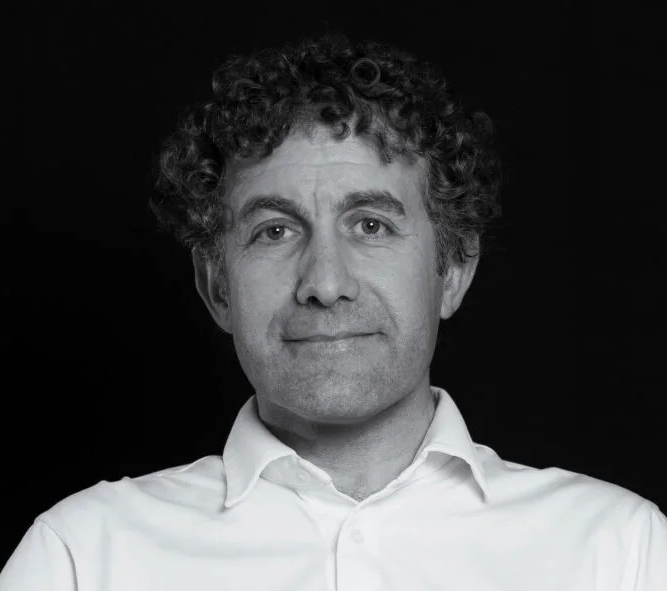
Karim Lekadir (ICREA at UB)
In the face of escalating global challenges, from climate change to healthcare inequalities, interdisciplinary collaboration is more critical than ever. Harnessing the power of data, such as through artificial intelligence and mathematical modelling, opens up unprecedented opportunities to address these complex issues.
This seminar will highlight the intersection of data science, health care, and community engagement to provide innovative and inclusive solutions. It brings together two interdisciplinary perspectives to showcase the critical role of data in addressing complex global challenges.
Professor Karim Lekadir discussed the potential role of artificial intelligence in developing innovative solutions to address unique healthcare challenges in low-resource settings. He highlighted how international collaboration combined with local community engagement can lead to more inclusive and reliable artificial intelligence solutions, ultimately increasing trust and adoption.
Professor Rachel Lowe discussed how predictive models and data-driven approaches can help anticipate and mitigate the health risks posed by extreme weather and vector-borne diseases. She showcased how these models inform public policy and enhance preparedness in at-risk regions, empowering local communities to become more resilient to climate-driven health hazards.